A tour through grief, complex relationships and Kieran Culkin’s sorrowful emerald eyes — “A Real Pain” encapsulates what it is to face your grief regardless of humanity’s tendency to both numb yourself and drown in it.
The film, written, directed and starred in by Jesse Eisenberg, captures cousins Dave, portrayed by Eisenberg, and Benji, who is played by Culkin, as they set off on a “geriatric tour” of Poland with five other voyagers in honor of their late grandmother, Dory, a Holocaust survivor. It is a piercing proverb of the Jewish experience and carefully portrays the intimacy of facing one’s generational trauma.
As Chopin filtrates the opening scene, the camera searches through a crowded airport terminal until it lands on Benji, sitting numbly with not a phone or distraction in sight. As he waits, we see Dave leave numerous voicemails to Benji, detailing his journey to the airport, all voicemails drenched in the anxiety that Eisenberg coats his character in.
When Dave arrives at the airport, Benji casually reveals that he’s been there for hours, simply just hanging out. Culkin’s performance of Benji, a manic, doe-eyed, sensitive empath, feels like you’re watching Culkin in another life. The effortless nature of his performance echoes his performance of Roman Roy in Succession– kind and misunderstood.
Eisenberg’s character is completely his own. Dave is an anxious type A — an emblem of everything Benji isn’t. He’s established, yet stress is etched into his bones. He wears the same outfit in a different color every day. He only buttons his collared shirt at the top, signaling the audience to the tightness in and on his chest.
Benji’s costumes recycle each other but do not allow for consistency. You never know what the weather is by looking at Benji’s outfit – just as you never would know what he’s battling internally by meeting him. In one scene he’s in a flannel and striped pants, and the next he is in red shorts.
The beauty of the film lies within its ode to the Jewish experience and horrors of the Holocaust. Tour guide James, played by Will Sharpe, even takes the group to Majdanek concentration camp in Lublin, a carefully crafted and emotional scene. Eisenberg chose this location because it was where his own family was.
The film embeds our characters into their family’s past. At the Ghetto Uprising Memorial, Eisenberg ties Benji and Dave to the history of their ancestors. A close-up shot of a soldier with piercingly scared eyes is immediately passed to a close-up of Benji, just as a close-up of a stoic, stern-faced soldier immediately passes to Dave. The symbolism within the film clutches audiences and leaves its claw marks for weeks after leaving the theater.
Though the film is a beautiful construction of familial complexity and grief, the film still finds time to allow for humor within itself, with Benji’s blunt outlandishness and Dave consistently receiving undeserving insults from the crew. In one scene, Benji asks Dave to use his phone while he showers so he can play music because his phone “doesn’t play music,” an ode to the mystery that is Benji’s lifestyle.
Although Benji is “a real pain” to Dave, he experiences real pain and strives to mend that pain that he can see in others. As Dave and Benji walk through a park in Poland with the tour group, Benji suggests that they go and walk with the recent divorcee, Marcia, because she just has this “sadness behind her eyes.” When Dave questions Benji and suggests that she might just want to be alone, Culkin perfectly delivers the line that illuminates the confines of the film: “Nobody wants to be alone, Dave.”
This film is one of the most painstakingly raw, authentic portrayals of human connection and relationship. It holds a mirror to the audience through its characters and will leave you in a state of melancholic bliss and contemplation. A masterpiece by Eisenberg and a performance of a lifetime by Culkin.
“This will be a tour about pain. Of course it will. Pain and suffering and loss, there’s no getting around that, but I think it’s important that it’s also a tour that celebrates a people. A most resilient people,” said Sharp.


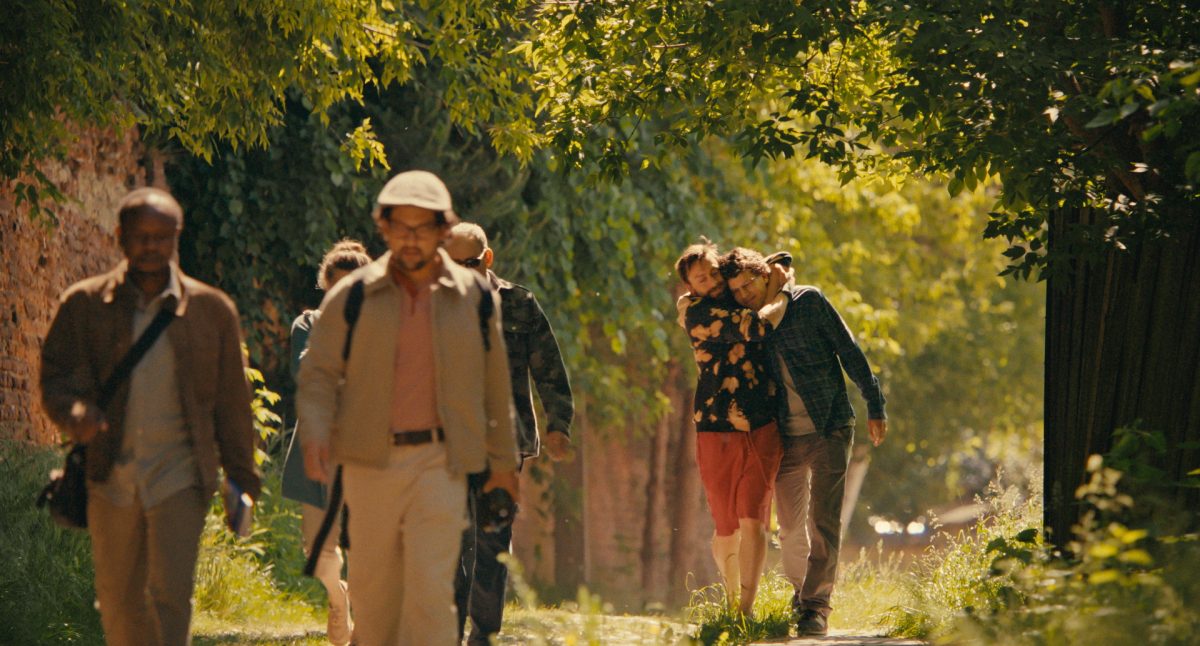

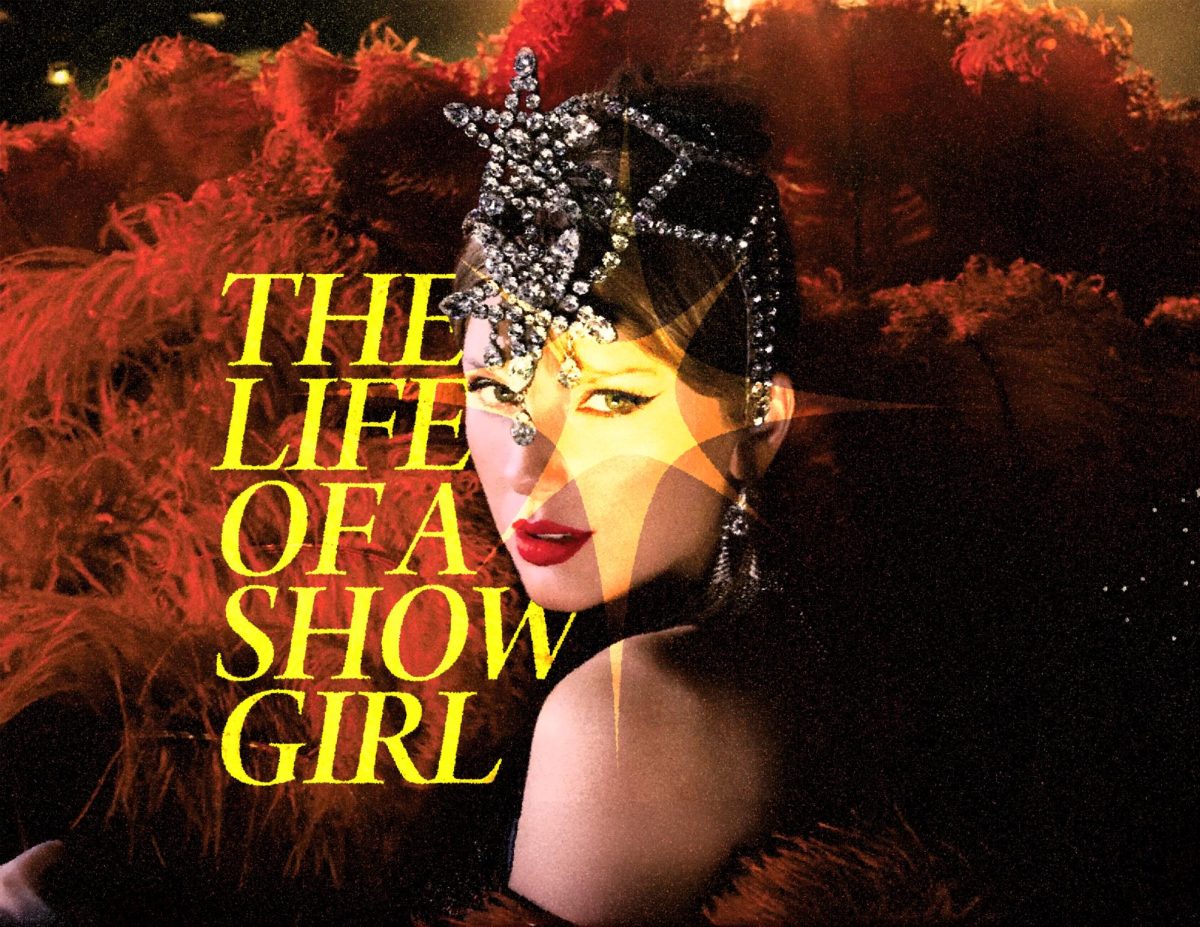

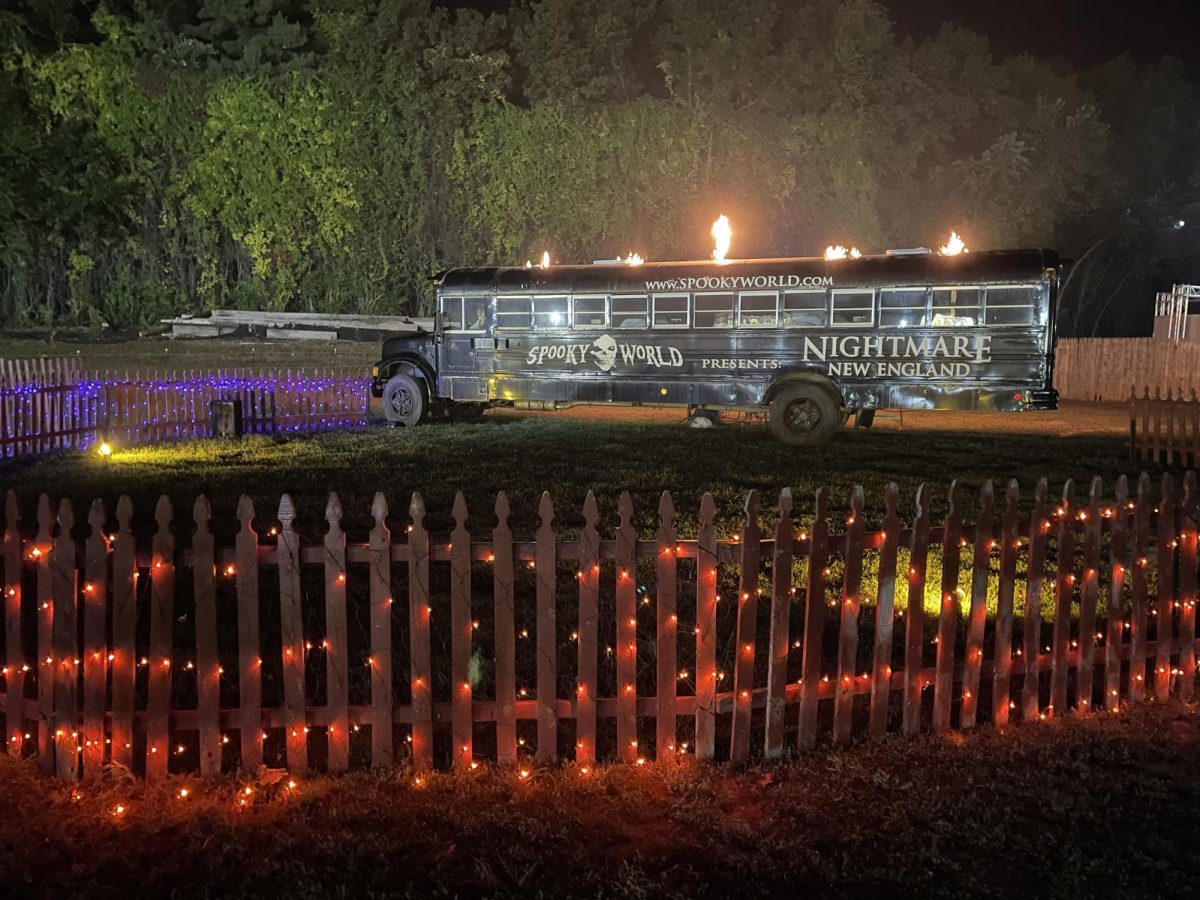

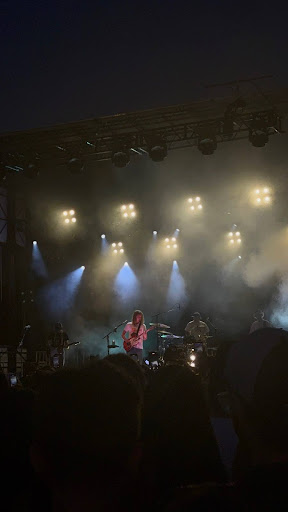
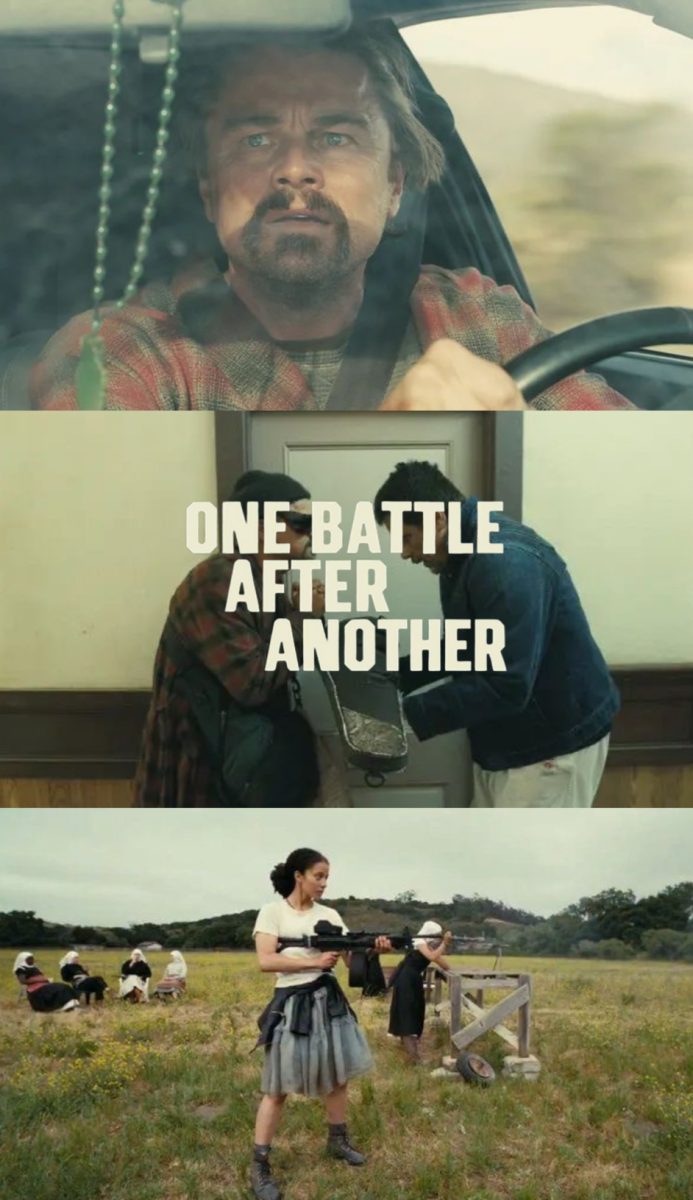
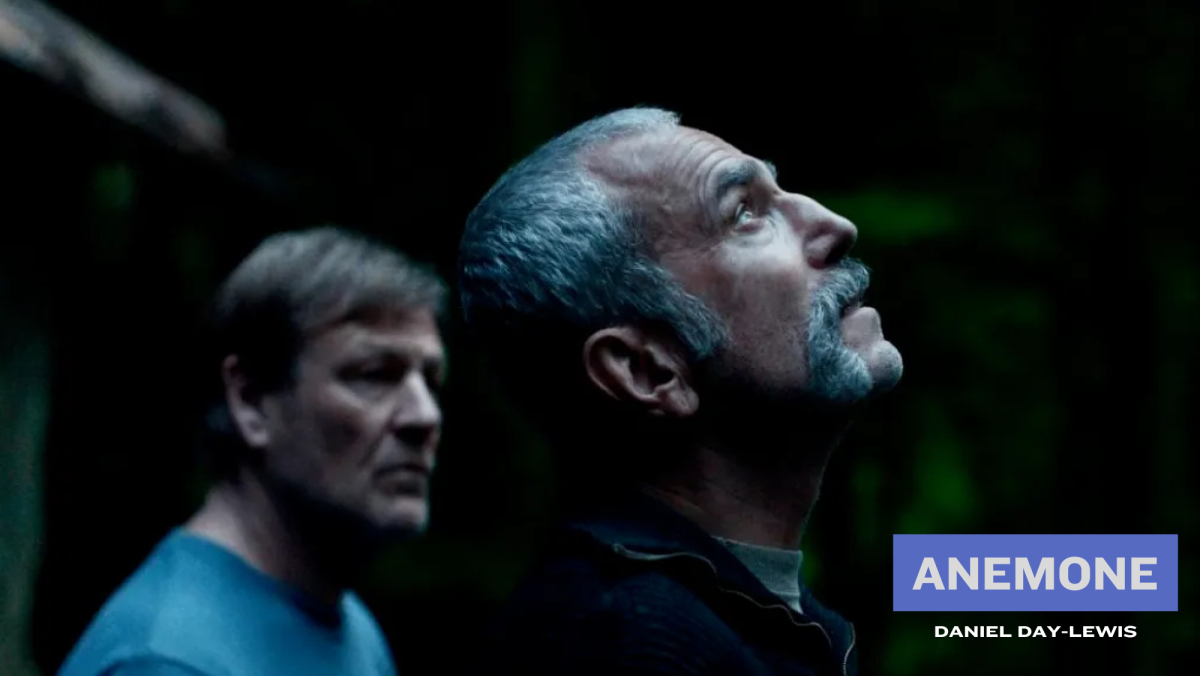
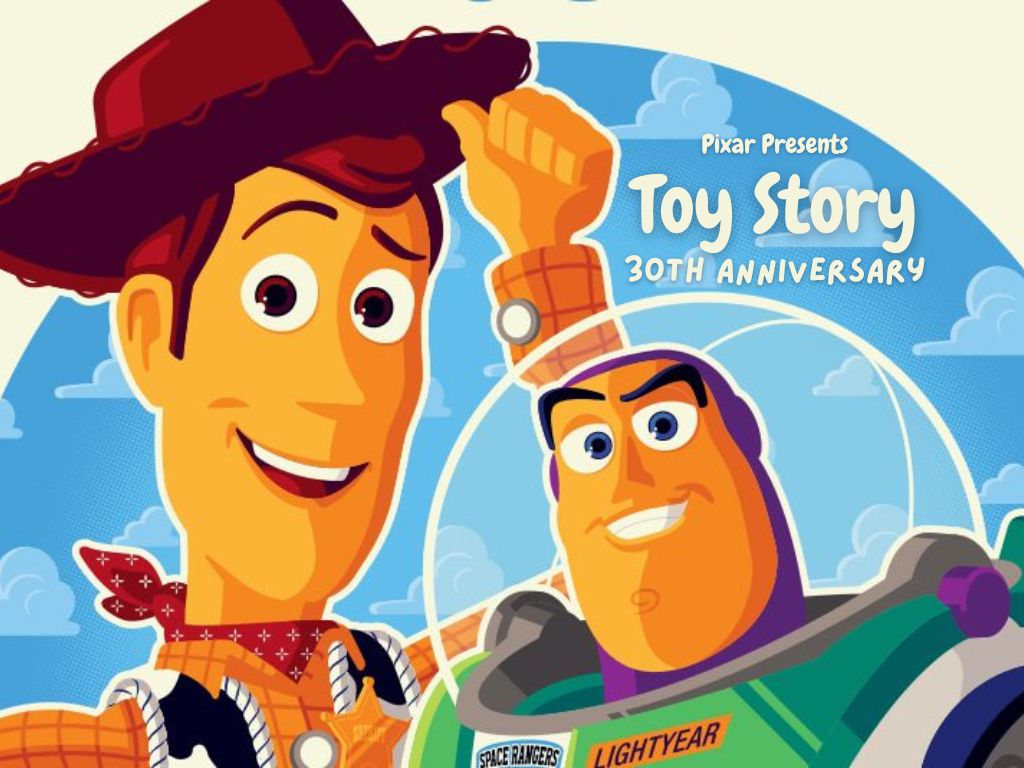

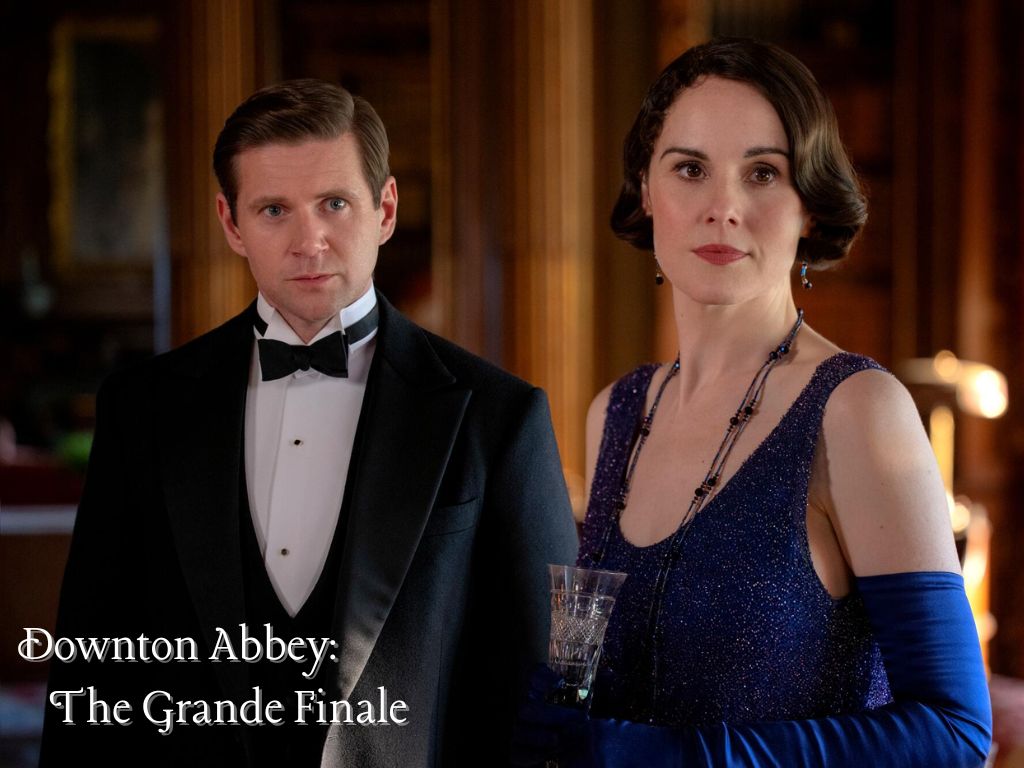
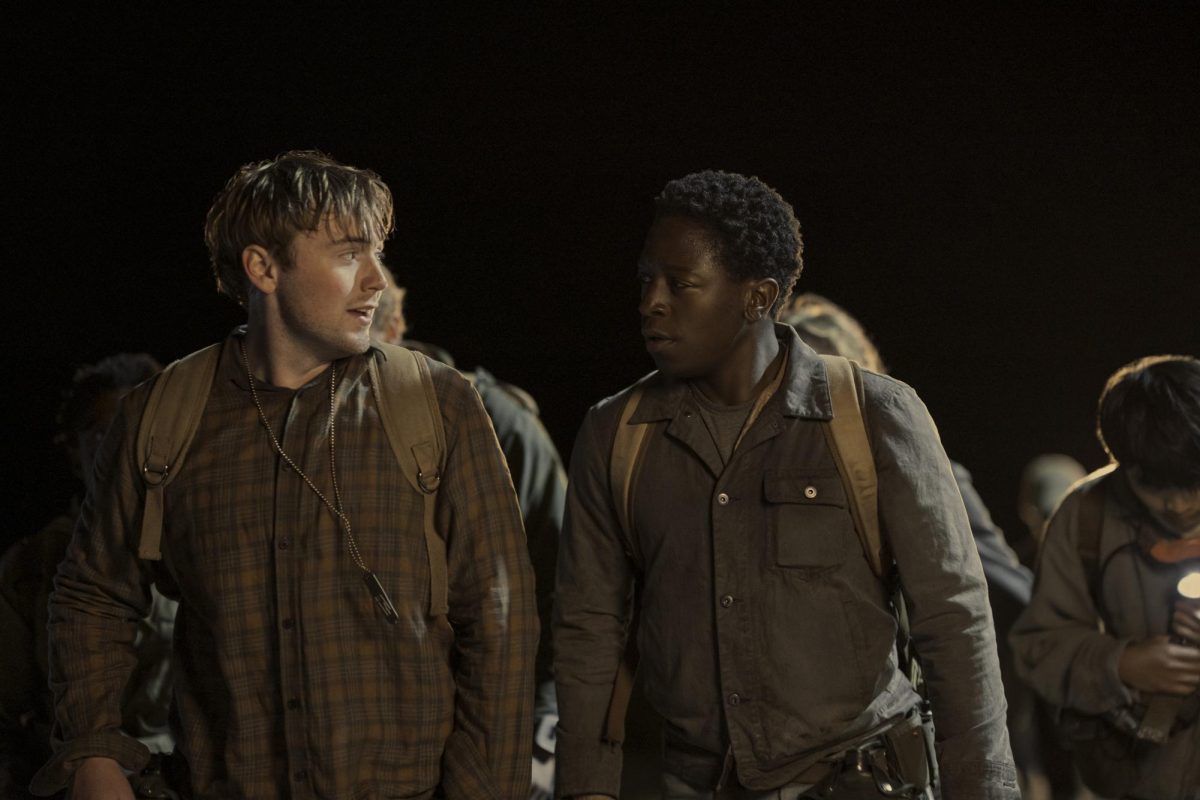
Peter • Feb 14, 2025 at 5:10 pm
What a very insightful review of this movie. I thought Maeve did an amazing job on describing the stark contrast between the two main characters in this movie. I could feel his anxiety as I read along.
Well done